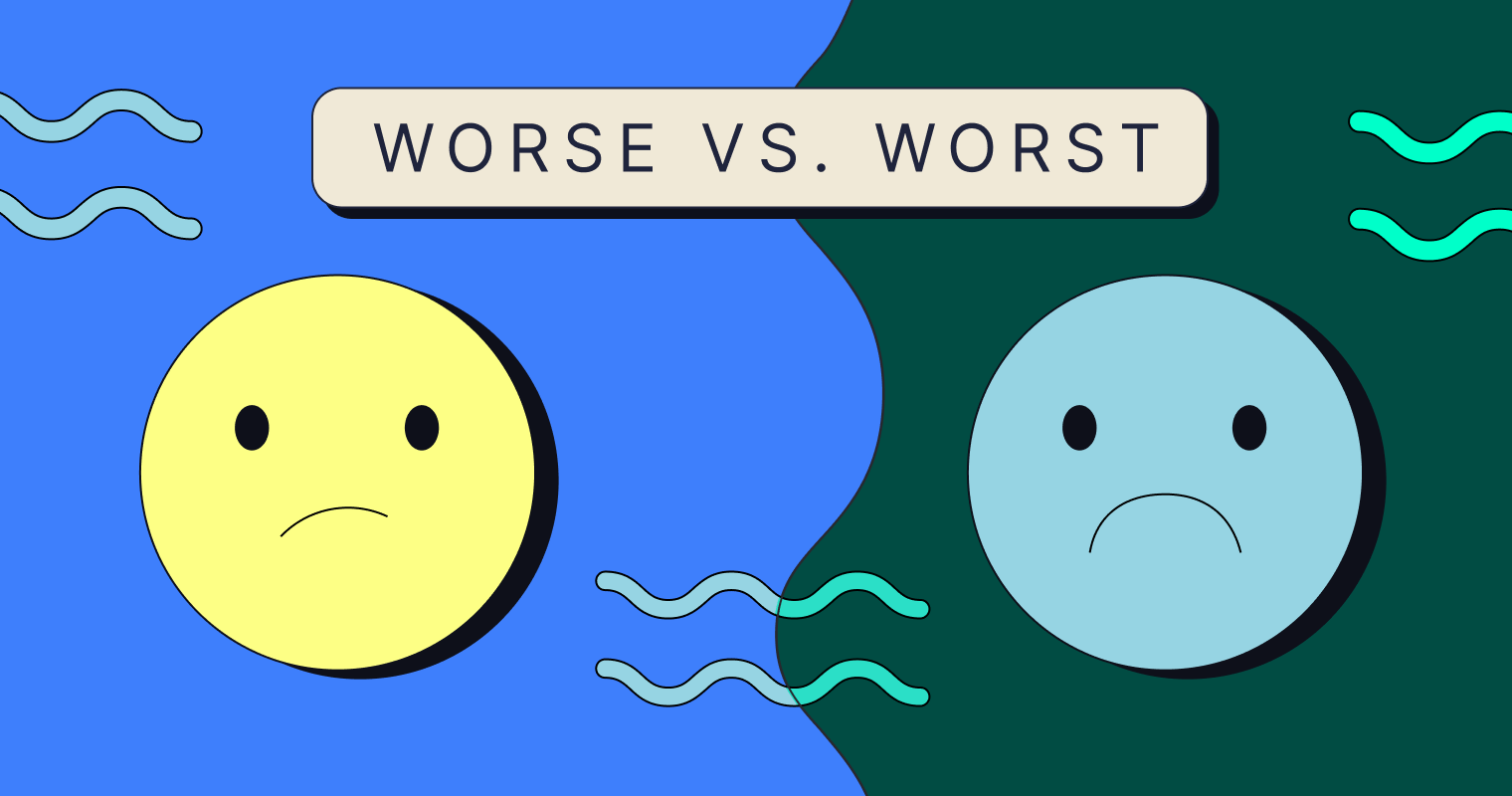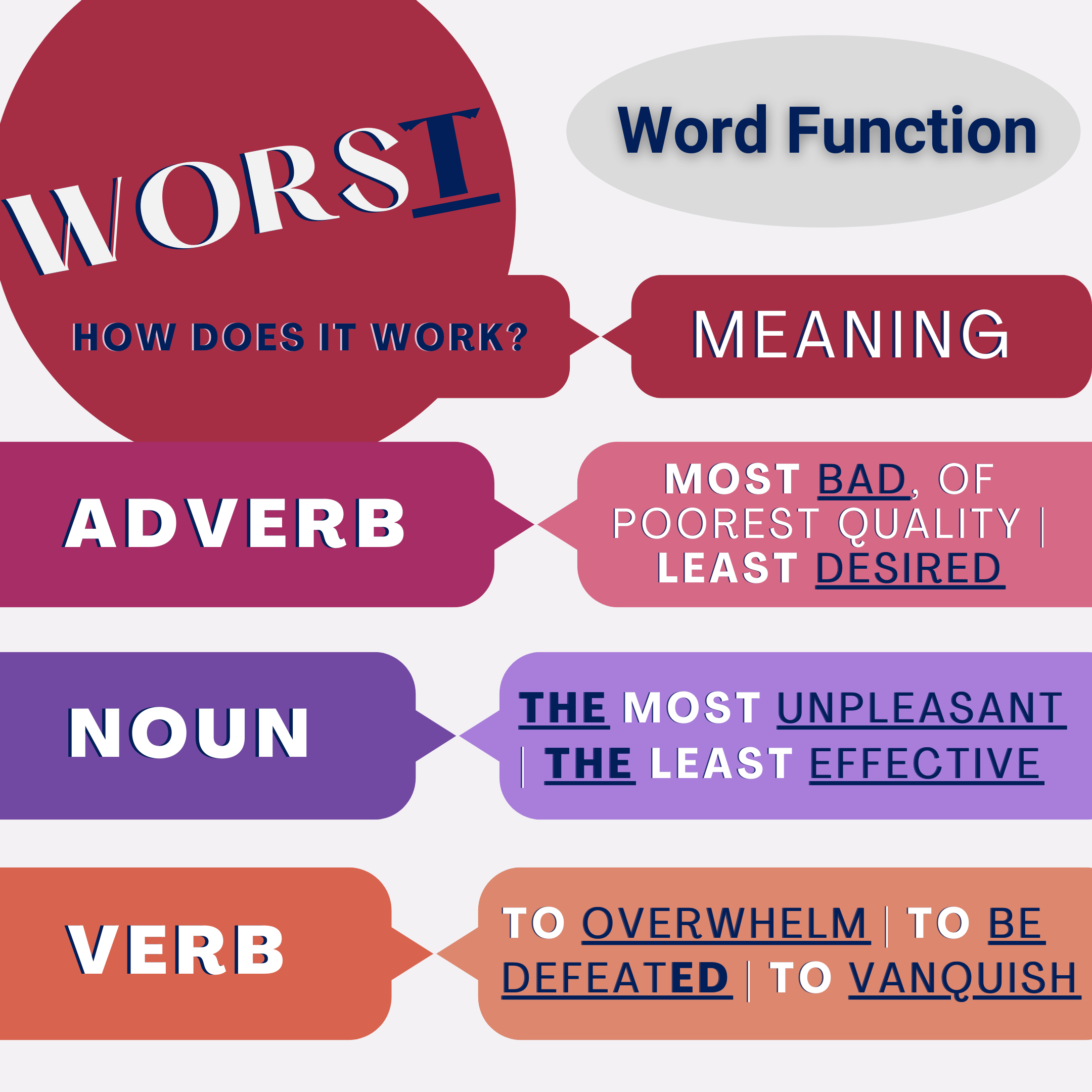When we think about the Olympic Games, our minds often picture moments of sheer perfection: athletes soaring through the air, executing flawless spins, and slicing into the water with hardly a ripple. Yet, sometimes, the memory that sticks with us, that really stays put, isn't always about the gold medal winners. It's almost, in a way, about the moments where things went a little bit, well, wrong. We're talking about those times when a dive, perhaps, didn't quite hit the mark, leading to what many might call the worst dive Olympics moments.
You see, the word "worst," as my text explains, describes something of the lowest quality, or the most unpleasant, or even the most difficult among others in a particular group. It refers to what is most unfavorable, or most inferior, whether in how it looks, how it feels, or what it achieves. In diving, this means a performance that truly stands out for not meeting the high standards expected, or, actually, for falling far below them. It’s about those instances where a diver, despite all their practice, just couldn't quite pull it off.
So, why do these less-than-perfect dives capture our attention so much? Is that, perhaps, because they remind us of the immense pressure these athletes face? Or maybe, it's just a simple human fascination with seeing something unexpected happen, especially when it involves someone trying their very best on a global stage. Whatever the reason, these unforgettable moments from the worst dive Olympics are definitely part of the rich story of the Games, showing us that even the best can have an off day.
- John Delorean Died
- Kate Winslet Titanic Paint
- Overcurl Mascara
- Megan Thee Stallion Super Bowl
- Hamilton Current Cast Broadway
Table of Contents
- What Makes a Dive Fall Short?
- The Pressure Cooker of the Olympics
- Judging the Lowest Quality
- Memorable Moments of Misfortune
- The Human Side of a Difficult Day
- Why These Dives Stick With Us
- Frequently Asked Questions
What Makes a Dive Fall Short?
To truly appreciate what makes a dive one of the worst dive Olympics examples, it helps to understand what a good dive looks like. A perfect dive, you know, has several key parts. There's the approach, which needs to be steady and controlled. Then comes the takeoff, where the diver needs to push off the board with just the right amount of spring and direction. After that, there's the flight, which involves all the twists and somersaults, and these movements need to be done with precision and grace. Finally, there's the entry into the water, which should be as smooth as possible, creating very little splash. When any of these elements aren't quite right, the overall performance suffers, sometimes quite a bit.
My text says "worst" means "most corrupt, bad, evil, or ill," or "of the lowest quality." In diving, this translates to a performance where one or more of these elements are significantly off. Maybe the diver slips on the board, or perhaps they don't get enough height. Sometimes, the rotations in the air are incomplete, or they are done too quickly or too slowly. And then, there's the entry into the water, which is often the most visible sign of a dive that went wrong. A big splash, what some call a "belly flop" or a "back flop," is a clear indicator that the entry was far from ideal. This kind of entry, you know, really impacts the score, making it much lower than hoped for.
It's not just about missing a single part, though. Sometimes, it's a chain reaction. One small mistake at the start can lead to a series of bigger problems throughout the dive. A diver might lose their sense of where they are in the air, or they might not be able to get their body straight before hitting the water. These are the moments that can turn a planned, complex maneuver into something that looks quite different from what was intended. It's a bit like trying to build something intricate and having one piece not fit, which then affects everything else. This, honestly, is how some of the most memorable "worst" dives happen.
The Pressure Cooker of the Olympics
The Olympic Games are, without a doubt, the pinnacle for many athletes. Years of training, countless hours in the pool, and endless repetitions all lead up to this one moment. The atmosphere itself is incredibly intense. Think about it: millions of people watching from around the globe, the roar of the crowd in the stadium, the hopes of a whole nation resting on your shoulders. This kind of pressure, you know, can really get to even the most seasoned competitors. It's a completely different feeling from practicing in your home pool or even competing in smaller events.
Under such extreme conditions, even tiny distractions or a momentary lapse in concentration can have huge consequences. A diver might feel a sudden gust of wind, or hear an unexpected noise, or simply get caught up in their own thoughts for just a fraction of a second. These small things, which wouldn't matter much in a casual setting, can throw off the delicate timing and precision required for an Olympic dive. It's very, very easy for a diver to overthink or, conversely, to not think enough in those critical moments before they launch themselves from the board.
This immense mental and emotional strain often plays a significant role in those dives that don't go as planned. It's not usually about a lack of skill or preparation; these athletes are, after all, among the very best in the world. Rather, it's about how they manage the extraordinary demands of the moment. Sometimes, the pressure just becomes too much, and it shows in their performance. It's a powerful reminder that even at the highest levels of sport, athletes are, well, human, and they experience all the same feelings of nerves and anxiety that anyone else might.
Judging the Lowest Quality
Olympic diving scores are determined by a panel of judges, typically seven of them. Each judge gives a score based on how well the dive was performed, usually out of 10 points. They look at several things: the approach, the takeoff, the height and distance from the board, the position of the body in the air, the execution of the twists and somersaults, and of course, the entry into the water. My text mentions "lowest quality" as a meaning for "worst," and this is exactly what judges are looking for when they assign lower scores.
To get the final score, the two highest and two lowest scores from the judges are usually thrown out, and the remaining three scores are added together. This sum is then multiplied by the "degree of difficulty" for that particular dive. So, a dive with more complex maneuvers has a higher degree of difficulty, meaning it could earn more points if performed perfectly. However, if a complex dive is executed poorly, the high degree of difficulty actually magnifies the mistakes, leading to a much lower overall score.
When a dive goes really wrong, the judges have no choice but to give very low scores. A score of 0, or close to it, is rare, but it does happen when a diver completely misses a maneuver or lands in a way that is clearly not intended, like a full belly flop or back flop. These scores reflect the "most inferior" performance, as my text puts it. It's a very objective assessment of what happened, even though it can be tough for the diver. The rules are pretty clear, and the judges are trained to apply them consistently, ensuring fairness even when a dive is, you know, quite bad.
Memorable Moments of Misfortune
While we won't name specific individuals or events here, as a matter of fact, there have been several instances throughout Olympic history that have become synonymous with the "worst dive Olympics" label. These aren't just minor errors; they are often moments where a diver's carefully planned routine unravels in a very visible way. Think about dives where a diver might lose their balance on the board, resulting in a clumsy jump. Or perhaps they attempt a complex series of rotations but get completely lost in the air, leading to a very awkward entry into the water. These are the kinds of situations that stick in people's minds.
Sometimes, the dive isn't just about a poor entry; it's about the entire sequence. A diver might struggle to complete the required number of twists or somersaults, or they might land in a way that looks painful, creating a huge splash. These moments, honestly, are often replayed in highlight reels of sports bloopers, not to make fun of the athletes, but because they are so unexpected and, in a way, show the sheer difficulty of the sport. It's a stark reminder that even the most skilled people can have a moment where things don't go according to plan, which is pretty relatable, you know.
These dives, which fall into the category of "most unfavorable" performances, often become talking points for years. People remember them because they are so out of character for athletes at this level. They highlight the fine line between triumph and, well, a dive that just didn't work out. It's a powerful lesson in humility and resilience, as these athletes often have to pick themselves up and try again, sometimes within the same competition. You can learn more about diving techniques on our site, which helps explain just how much precision is involved.
The Human Side of a Difficult Day
It's very easy for us, sitting at home, to watch a diver make a mistake and think, "Oh, that was bad." But behind every less-than-perfect dive is a human being who has dedicated their life to this sport. They've spent years, literally, perfecting their craft, pushing their bodies and minds to the absolute limit. So, when a dive goes wrong, it's not just a technical failure; it's often a deeply personal moment of disappointment for the athlete. You can usually see it on their face as they surface from the water, that moment of realization that their performance wasn't what they had hoped for.
The immediate aftermath of a "worst" dive can be tough to watch. Some divers might try to compose themselves quickly, while others might show visible frustration or sadness. Yet, what's truly remarkable is the resilience these athletes often display. They have to quickly put that moment behind them, especially if they have more dives coming up in the same competition. It takes a huge amount of mental toughness to shake off a poor performance and refocus, which is, honestly, a skill beyond just physical ability. This ability to bounce back, to try again despite a setback, is a testament to their character.
These moments of perceived failure, in a way, also show us the true spirit of the Olympics. It's not just about winning; it's about the effort, the dedication, and the willingness to put yourself out there, knowing that things might not always go perfectly. The "worst dive Olympics" moments, therefore, aren't just about mistakes; they're about the human experience of striving for greatness, facing challenges, and finding the strength to keep going. It's a powerful reminder that even the best among us have moments where things don't go as planned, and that's perfectly okay. You can explore more about Olympic history on this page, to see how these stories fit into the larger narrative of the Games.
Why These Dives Stick With Us
So, why do these particular dives, the ones that are far from perfect, hold such a strong place in our collective memory? It's partly because they are so unexpected. We go into the Olympics expecting to see peak performance, so when something falls short, it really stands out. It's a break from the norm, a moment of unpredictability in a sport that demands incredible control. This element of surprise, you know, makes them quite memorable, even years later. They become part of the lore, almost like cautionary tales or funny anecdotes, depending on your perspective.
Furthermore, these "worst dive Olympics" moments are incredibly human. They show us that even the most elite athletes are not immune to pressure, nerves, or simply having an off day. It makes them relatable. We've all had moments in our lives where we've tried our best, but things just didn't work out as planned. Seeing these highly skilled individuals experience something similar on such a grand stage can be comforting, in a way, reminding us that perfection is, well, an ideal, not always a reality. This shared human experience, honestly, makes these moments resonate deeply with viewers.
Ultimately, these dives contribute to the rich tapestry of Olympic history. They add depth and a touch of realism to the narrative of superhuman achievement. They remind us that behind every incredible feat of athleticism, there's a person, with all their strengths and vulnerabilities. And so, while we celebrate the flawless dives and the medal winners, we also, you know, quietly remember those moments when things didn't quite go to plan, understanding that they too are a vital part of the story of the Games. For more insights into sports events, you might check out a reputable source like the official Olympic website.
Frequently Asked Questions
What is the lowest score ever in Olympic diving?
While specific lowest scores can vary, it's very rare for a diver to receive a score of zero in Olympic diving. Judges might award scores as low as 0.5 or 1.0 for a dive that goes significantly wrong, like a complete miss of a maneuver or a very poor entry into the water. The lowest possible score for a single judge is 0, but usually, scores are slightly higher, even for very difficult performances that aren't quite right.
Has anyone ever gotten a zero in Olympic diving?
Yes, it is possible for a diver to receive a score of zero from individual judges in Olympic diving. This typically happens when a diver fails to attempt the dive they declared, or if they land in a way that is extremely dangerous or completely outside the parameters of the sport. While rare, these instances do occur, and they are usually due to a complete breakdown of the dive, often caused by losing control in the air. The final score for the dive would then be a combination of all judges' scores, so it might not be a total zero, but it would be very, very low.
What happens if a diver belly flops in the Olympics?
If a diver performs a "belly flop" or "back flop" in the Olympics, it means their entry into the water was not vertical, and they landed flat on their front or back. This results in a very large splash and, consequently, very low scores from the judges. Judges will significantly reduce points for a poor entry, as it indicates a lack of control and precision in the final phase of the dive. It's a clear sign that the dive was, in a way, of the "lowest quality" in terms of execution, and it will drastically affect the diver's overall standing in the competition.
- Simon Cowell Breaks Down Talking About Losing His Parents
- Love My Sons
- Nephew Day
- Hoka Clifton 9 Wide Womens
- Sleeping In Front Of A Mirror


